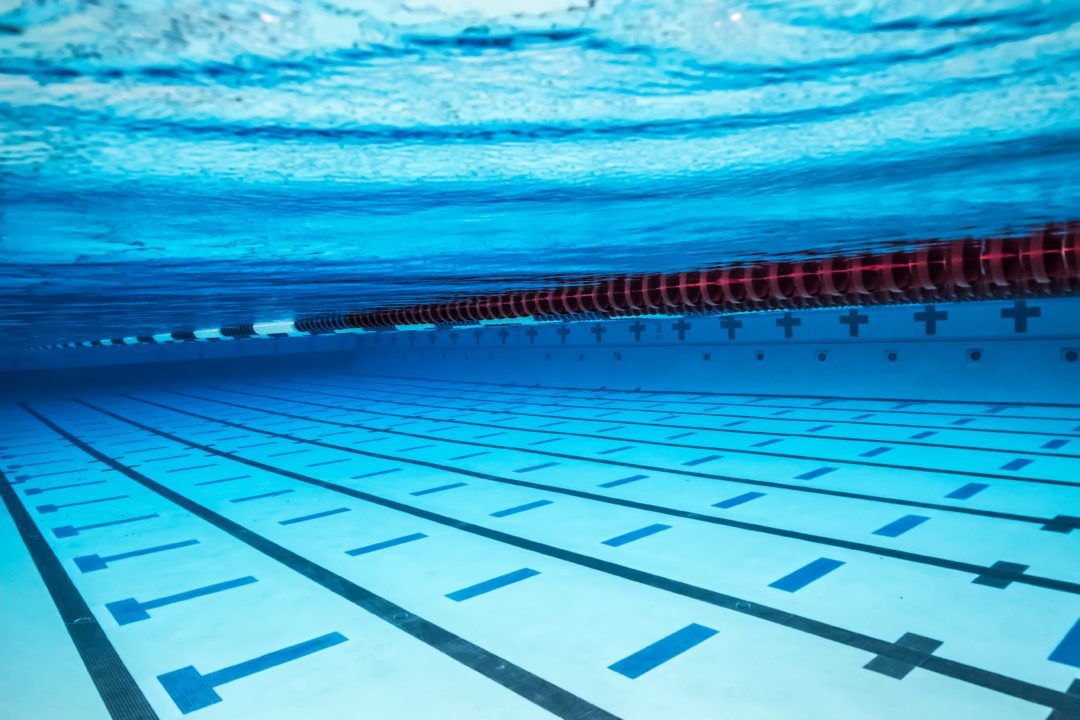University of Georgia rising junior and Canadian National Team-er Meryn McCann is currently in the hospital and will have to sit out the 2018 Canadian Trials later this month, she confirmed to SwimSwam Monday.
McCann, who turns 20 in August, was diagnosed with having two blood clots in her lungs (more technically known as pulmonary embolisms). She went to the hospital after having a hard time breathing, and feeling pain up the right side of her body that hurt “the most” during practice.
McCann has been hospitalized for observation for multiple days now, and doctors aren’t yet sure what may have caused the clots.
There have been a number of recent instances of young female swimmers developing blood clots. In fact, Katie Hoff was forced to withdraw from the 2014 FINA Short Course World Championships with exactly the same diagnosis as McCann, and before her, Texas A&M swimmer Kristen Heiss was hospitalized with blood clots 2 weeks before the 2008 Olympic Trials, before eventually finishing 5th in the 200 back in Omaha.
More recently, in 2015, Canadian Olympian and Florida Gator Sinead Russell was hospitalized with blood clots to her brain.
2013 and 2014 studies led by Claire M. Hull, PhD, of the Swansea University Medical School, suggest that young athletes (specifically endurance athletes) are far more at-risk for pulmonary embolisms than people tend to believe (but not necessarily more at-risk than the general population). Her work hypothesizes that the following are common endurance athlete risk-factors for venous thromboembolism (VTE), the “collective term” for deep vein thrombosis and pulmonary embolisms:
- Dehydration and hemoconcentration (decrease of the fluid content of the blood with increased concentration
of red blood cells) - Injury and inflammation, including microtrauma to blood vessel walls
- Immobilization during long-distance travel, including long car/coach journeys and long-haul flights between
popular events (eg, the Boston [US], London [UK] and Paris [Europe] marathons) - Use of estrogen contraceptives during training and around competitive events
- Low heart rate (bradycardia) and blood pressure affecting the circulation and possibly exacerbating venous
stasis - Congenital abnormalities affecting the anatomy of the veins
This information is by no means comprehensive, and should not be construed as medical advice. Please consult with a doctor if you have any questions about venous thromboembolisms or any other medical issues.

Very sad to hear. Wishing her a speedy recovery, she will be missed at nationals. Had the potential for a strong showing in the 200 bac.